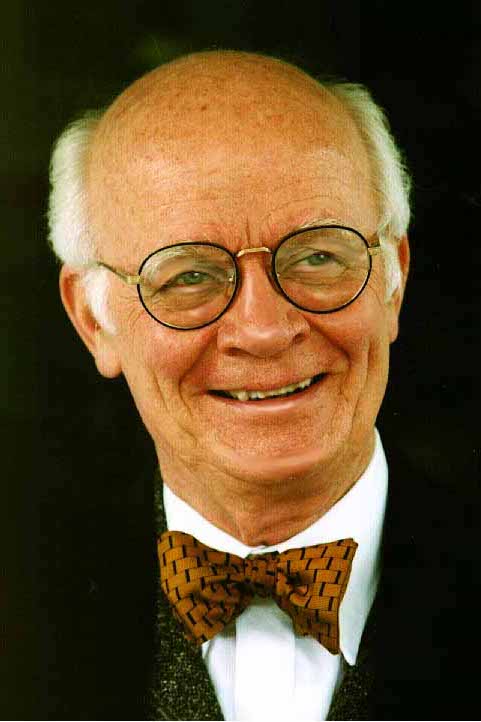More than a half century ago, historian Daniel J. Boorstin — a Ph.D. dissertation-adviser of mine — taught us to distinguish between events and pseudo-events. The latter, he noted, were staged to get media attention whether anything event-ful had happened or not.
On the border between events and pseudo-events are media reports on public opinion polls, reports that generate comment and no doubt have some influence on “event-events” like elections. Reports on polls concerning religious opinions often get sighted when we read or hear media accounts, and become topics in Sightings.
In recent weeks we’ve been over-battered by hard-news stories of religion, often in global contexts, so we’ll catch our breath and notice data from one of our many frequently-used sources, the Pew Research Center.
Reports on a survey in which 2,002 interviewed adults got to speak for a couple of hundred millions of us citizens, inspired somewhat confusing headlines: “Americans fear religion losing influence, say churches should speak out more” bannered David Lauter’s report (Los Angeles Times, Sept. 22) while “More Americans Support Mixing Religion and Politics” topped Tamara Audi’s summary and comment in the Wall Street Journal (also Sept. 22; see “Sources,” below).
Statistics in a short column can create a blur, so let’s simply focus on the report of an increase in the number of interviewees who welcomed more involvement by religious figures, including preachers (here code-named “church”), with controversial political issues (coded as “state”).
Both reporters background their story by noting that this increase occurs at a time when “institutional” participation in religion has weakened. Also easily extracted from their reports is a recognition that the cast of characters who want more preachers-preaching-on-politics has changed.
Readers with long memories will recall that in the fabled 1960s, it was religious leaders labeled “liberal” — e.g. on civil rights, the war on poverty, anti-war protests — who drew the most notice. Meanwhile, those called “conservative” were just beginning to rally for their causes — e.g., anti-legalized abortion, birth-control, homosexual rights, etc.
Back then, the “liberals” were accused of being too politically involved, while conservatives were pictured as soul-savers with more otherworldly interests. Never mind, or mind only momentarily, that these images were broad-brushed, and open to question and criticism.
Today, according to reports, those who want “more involvement” tend to make up the camp of those (mainly conservative white Protestants) who complain that their religious liberty is in jeopardy, thanks to moves by the “state” which, they say, impinge upon the rights of the “church.” November elections and at least two forthcoming Supreme Court cases will be “events” without “pseudo-” status. We’ll watch media coverage of these.
There are reasons for suspicion of polls, preachers, and commentators — including this one — but one reality stands out dramatically in this nation and in cultures often dubbed “secular.” Religion, however defined, observed, and exercised (or not) remains a vital feature of a world with which citizenries have to cope.
The national Founders, in the First Amendment to the U.S. Constitution, drew some lines and set some broad ground rules on “church” and “state,” But they could not prevent citizens, singly or collectively, from kicking up vision-obscuring dust as they contend about issues of conscience, rights, and — we do well not to forget — power.
Sources:
Pew Research Religion & Public Life Project. “Public Sees Religion’s Influence Waning: Growing Appetite for Religion in Politics.” September 22, 2014, Polling and Analysis. http://www.pewforum.org/2014/09/22/public-sees-religions-influence-waning-2/.
Lauter, David. “Americans fear religion losing influence, say churches should speak out more.” Los Angeles Times, September 22, 2014, Nation/National Politics/Politics Now. http://www.latimes.com/nation/politics/politicsnow/la-pn-religion-politics-20140922-story.html.
Audi, Tamara. “More Americans Support Mixing Religion and Politics, Pew Survey: Nearly Half of Americans Now Say Religious Leaders Should Express Views on Social, Political Issues.” Wall Street Journal, September 22, 2014, Politics and Policy. http://online.wsj.com/articles/pew-survey-more-americans-support-mixing-religion-and-politics-1411401662.
Republished from Sightings with permission of the University of Chicago Divinity School.

The Fairfax M. Cone Distinguished Service Professor Emeritus at the University of Chicago, Dr. Martin E. Marty taught there for 35 years, chiefly in the Divinity School, where the Martin Marty Center for the Public Understanding of Religion was founded and to whose weekly column Sightings he contributed. Ordained a Lutheran pastor in 1952, he served from 1956-2013 as a columnist and senior editor at the Christian Century and authored more than 60 books including Righteous Empire, for which he won the National Book Award; the three-volume Modern American Religion; The One and the Many: America’s Search for the Common Good; The Mystery of the Child; Building Cultures of Trust; The Christian World: A Global History; Martin Luther (in the “Penguin Lives” series); and Dietrich Bonhoeffer’s Letters and Papers from Prison: A Biography.
